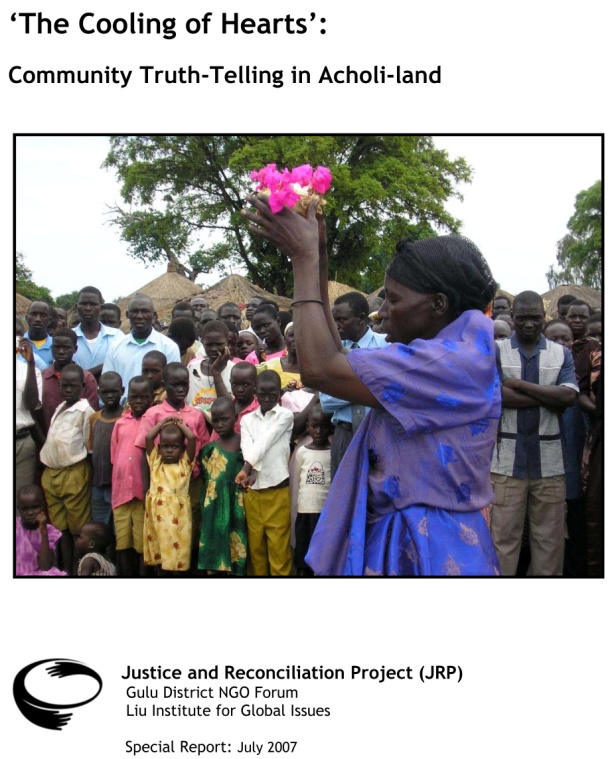
Recent national and international debates on truth and reconciliation in Uganda have emphasized the importance of incorporating local level mechanisms into a transitional justice strategy. This report seeks to contribute to this discussion by focusing on local level mechanisms in Acholi-land and determining how these might promote truth-telling and reconciliation at the community level.
Underlying the research are three main objectives: to assess whether or not grassroots, war-affected persons in the region want a truth-telling process; to assess the possibilities of adapting local mechanisms to promote truth and reconciliation at the community level; and lastly, to present the results, observations and recommendations found in this report to relevant policy-makers (the Government of Uganda, local-level leadership in Uganda, and the international community). The research reveals that there is indeed a need for a truth-telling process in northern
Uganda. Few atrocities have been documented or acknowledged publicly – most are contested and highly controversial. As a consequence, victims struggle to survive emotionally, socially and economically with tragic memories of loss, and with little to no high-level acknowledgement by the
Government of Uganda or by most of the LRA high command.
To access the report, click here.
